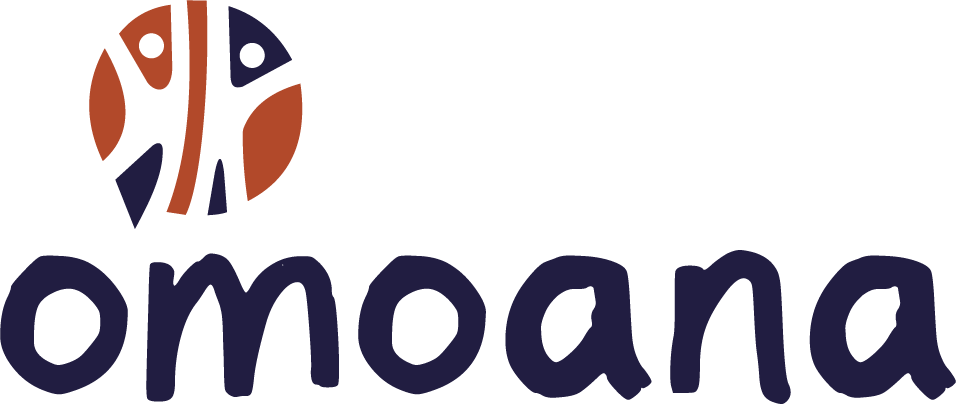Michael's voice on the phone is calm and determined. "We've been swamped with work since the confinement ended," he says from Gulu, the main town in northern Uganda.
Michael Ojok, 32, heads up Hashtag Gulu, a non-governmental organisation that offers support and reintegration programmes for children forced to live on the streets and do whatever jobs they can find to manage to eat every day.
He describes how many young people in Gulu, and in most of Uganda, have had to face up to the difficulties of a very closed labour market and a changing economy hit hard by the health crisis. Lacking opportunities, many are forced to make extreme choices.
For Michael, the education system does not prepare young Ugandans sufficiently: “The level of education is high, but the system produces more graduates than the market can absorb. A young person who concentrates solely on his or her studies will have less chance of finding a job on leaving school. You get your paper but you have to find ways of surviving. They should be taught practical skills. That way, manual jobs would not be a last resort. Young people need more support.”
So, to avoid the worst, many try to set up their own business. They put in an enormous amount of energy and develop new ideas. Unfortunately, loans that are virtually inaccessible and skills that weren’t on the school curriculum (customer management, networking, etc.) soon get the better of their ambitions. The road is bumpy.
Even more so when, in the lives of these young people, a civil war that lasted nearly 20 years has left deep psychological scars: aggression in everyday relationships, frequent nightmares, tremor attacks… and the stigmatisation of those who, within a community or among family members, suffer from these symptoms. “It’s a subject that nobody talks about openly. There’s no attempt to remember,” laments Anett Pfeiffer Tumusiime, director of the Vivo Uganda NGO supported by Omoana.
"Even within a couple, the tendency is to hide the horrors that may have happened during this period. But everyone was affected. In terms of mental health, what happened 20 years ago is as vivid as if it had happened yesterday."
— Anett Pfeiffer Tumusiime, director of the NGO Vivo Uganda supported by Omoana
Vivo Uganda contributes to Hashtag Gulu’s efforts by offering narrative therapy sessions to the beneficiaries of Michael Ojok’s NGO. This partnership has also enabled some members of the Hashtag Gulu team to receive training specifically focused on trauma treatment. In this way, the two organisations are able to provide psychological help to the most traumatised people. In some places, support groups have been spontaneously set up to provide financial assistance to former child soldiers. Radio programmes also help to break the silence and reduce stigmatisation. “Change is happening gradually, but it’s a long and complex process,” explains Immaculate Achan, country coordinator for Omoana.
“This process is essential,” points out Anett, “because today’s parents were children during the civil war. It is those who suffered most from the acts committed during this conflict who are now raising the next generation.“
At the other end of the phone, Michael, the father of a little girl, would like to see more. He recognises the importance of such a conversation “to make sure that such violence never happens again“, but pleads for a subtle balance: “How can we acknowledge the atrocities committed while not focusing on them? I think it’s time for us to move from the role of victims to that of survivors. We have to ask ourselves: how can I make plans and succeed in what I undertake without constantly returning to this conflict? That’s the challenge: to move away from the story of this war and focus on the challenges that lie ahead. We can’t keep blaming the current situation on the civil war, something has to change. What opportunities are there and how can the younger generation access them?“


